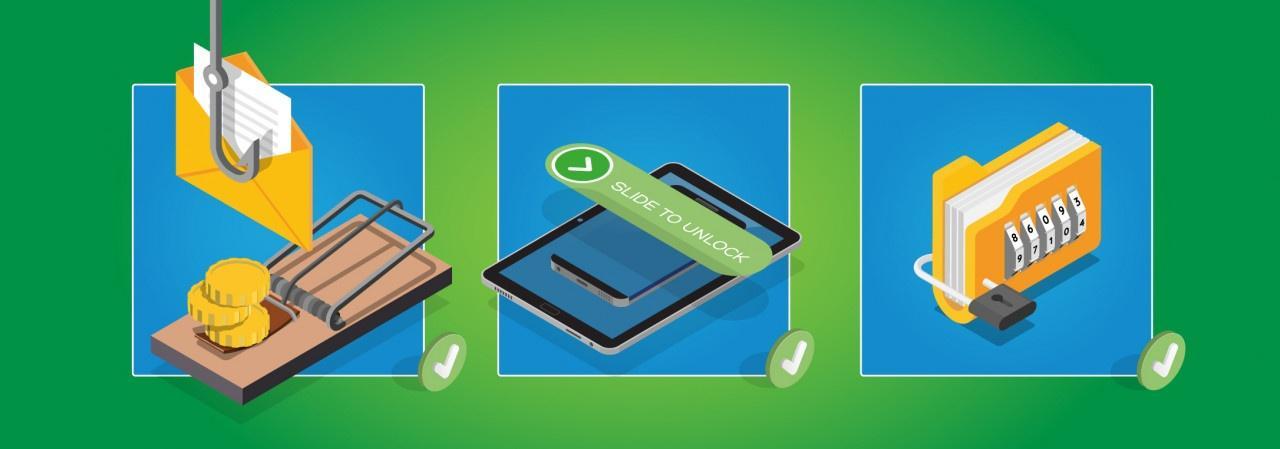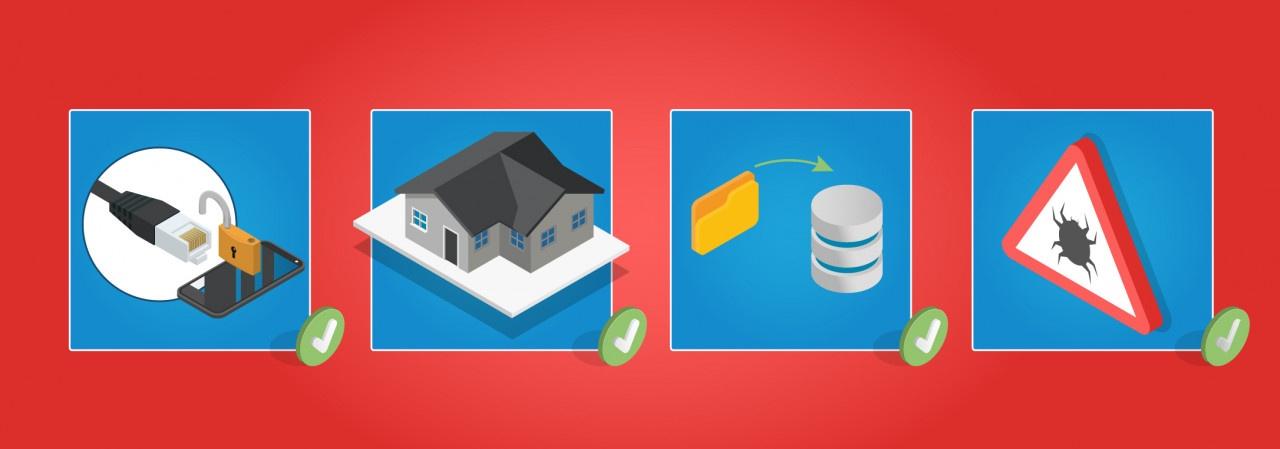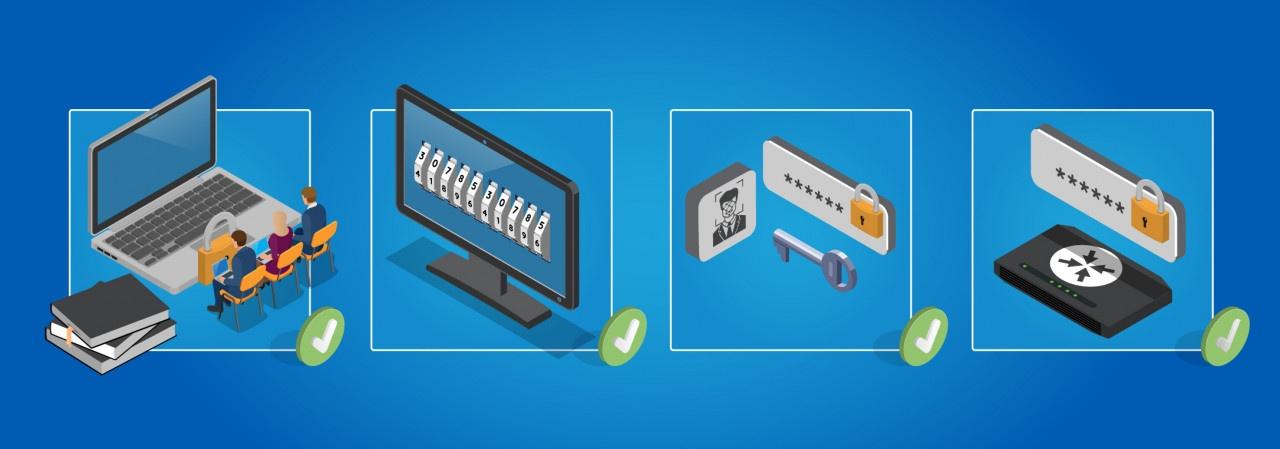Organisations around the world are moving closer and closer to establishing a new standard of best practice for remote working, with new tools and processes revealing themselves in response to the current pandemic. well for the future and our 'new normal', it's important that we treat our new home working environments with the same level of diligence we do our offices. If remote workers at all levels ensure the usual standards of security are maintained at all times, we will be able to focus on the range of ways home working can potentially act as a springboard for future growth.
Here are a few key points to bear in mind…
Always be suspicious of links
Cyber-crime is constantly evolving and shows no signs of slowing down during our current pandemic, which means we must all stay vigilant and exercise caution before clicking on any links we receive. Even if a link is from a legitimate-looking email address, check before clicking on it, as you can hover over it with your cursor to view the URL. If you have any concerns, alert your security team. In particular, watch out for 'working from home' scams, where fake websites offer 'home testing' kits or – in certain cases – cures for COVID-19. Avoid these at all costs, in order to keep both your personal bank account and your organisation's network secure.
Stay smart when sharing documents
When connecting to your company network from home, it's important that you ensure all the same security measures that would be utilised in the office are still in place, with all communications properly encrypted. Your IT team should always have an established set of procedures and tools for securely sharing documents – especially those that contain sensitive data – so be sure to revise this if you haven't already and avoid using any third-party platforms for this purpose.
Lock your device!
Most professionals are already familiar with best practice whenever it comes to leaving devices unattended in the workplace, and in our current lockdown, it's unlikely any of us will accidentally leave work devices on public transport. But it's' essential that we do not let those practices slip while we're working from home. We've all heard funny stories in the news about when children get access to their parents' phones, but when our devices are connected to our business networks, it's important that they're 100% inaccessible to everyone except us. Even something as simple as a family member clicking on an unsecure website could lead to a costly security breach.



